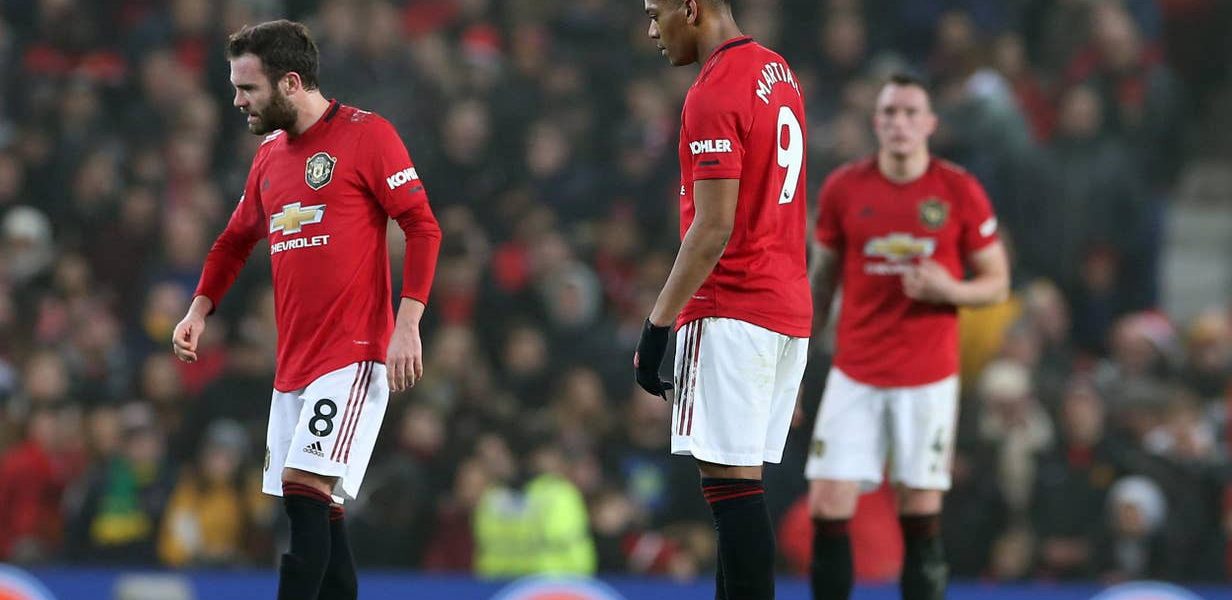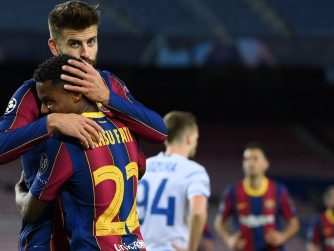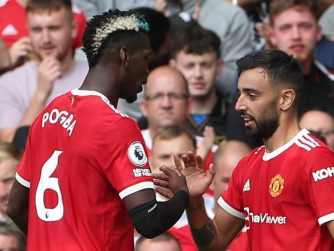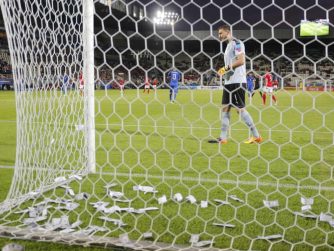Manchester United, a name once synonymous with excellence. Fielding a side that was feared as much as it was revered by the opposition and fans alike, the club rightfully held its place for decades as the biggest club in the world. The accolade that United fans all around the world held so proudly however, rings less true as the club fails to live up to its lofty standards as each season passes. The aura of the formidable club Sir Alex Ferguson cultivated diminished continually each year since his departure.
Whilst it might seem like the decline of Manchester United began when Sir Alex Ferguson managed his last game for the club, the seeds were sown years prior. In 2005, the Glazers took full ownership at a price of £800 million on a loan they saddled on the club and took no time in tightening the purse strings. However, Sir Alex Ferguson’s truly remarkable eye for talent papered over the issue. The Scot relied on his scouts to pick out young talent, a spending system he had control over. Signing players such as Rio Ferdinand for £30 million and Wayne Rooney for £27 million are just a couple of examples of how meticulous Ferguson was with his transfers. His exceptional managerial system saw youngsters learn from veterans and thrive under a manager they felt committed to. His process did not necessitate hundreds of millions in investment which soon after his departure, became a requisite. One would not be amiss to deem Ferguson’s final few days at Manchester United as the calm before the storm.
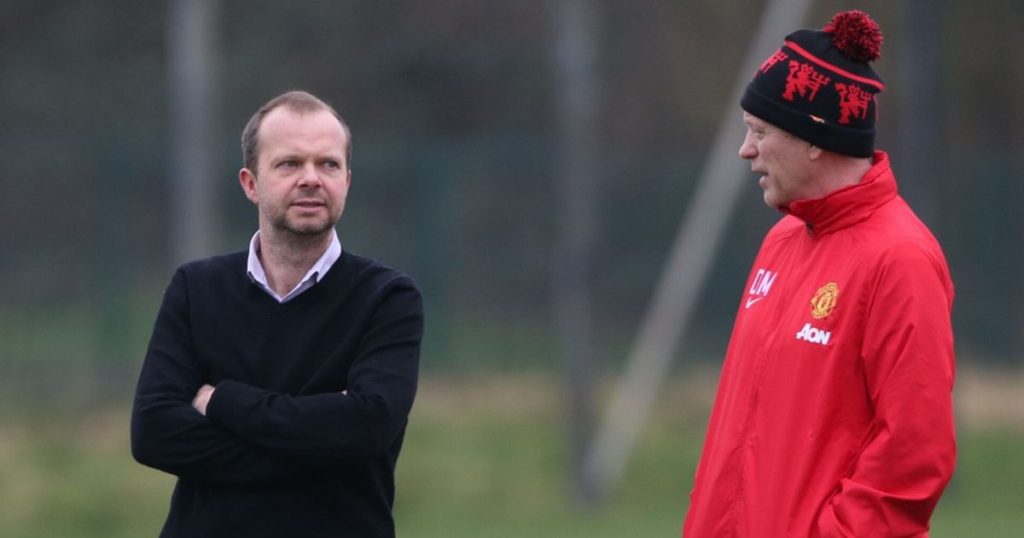
2013 was a revolutionary year for the club from Manchester. Ed Woodward, a former investment banker, was the right-hand man for the Glazers and was appointed the Chief Executive and handed control of the football aspect of the club. While he played a key role in driving numerous sponsorship deals for the club, pleasing the bosses, his inexperience when it came to football was a concern.
At the same time, former Everton manager David Moyes was appointed as the replacement for Sir Alex Ferguson, a position that came with massive expectations. Signing only two players of note in his stint, Everton’s Marouane Fellaini and Chelsea’s Juan Mata, Moyes’s stint at the club was short-lived as he was sacked 10 months after he was appointed as they went from Premier League Champions to not even qualifying for the UEFA Champions League.
Although he was to blame for his own downfall, he was hardly put in a comfortable situation. Taking over an ageing squad with a man who had never worked in football previously in charge of the transfers with sparse investment seems like a recipe for disaster. The team looked rudderless as they played lacklustre football week after week. Change in personnel was needed and on 19 May, 2014, Louis Van Gaal was appointed as the new manager.
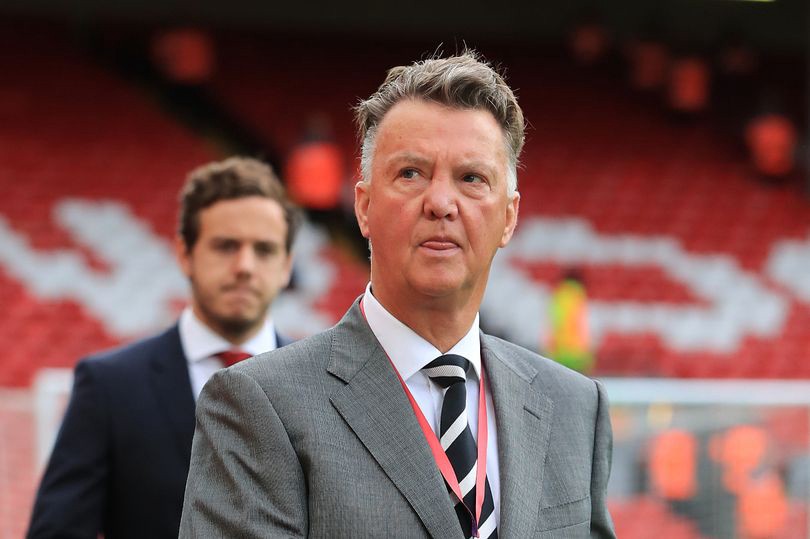
Having managed Giants such as Barcelona, Ajax and Bayern Munich, expectations were high for the Dutchman and there was no alternative but to provide funds. Marquee signings such as Radamel Falcao and Angel Di Maria were made along with investment in young talent with the likes of Memphis Depay, Anthony Martial and Ander Herrera to name a few to bolster the squad. While the first season under Van Gaal showed signs of promise as they qualified once again for the UEFA Champions League, the following year failed to carry the momentum forward as a group-stage knockout and 5th spot in the premier league saw the Dutchman sacked.
Despite splashing the cash on numerous players, hardly any of them shone. Promising players such as Di Maria and Depay failed to deliver under Van Gaal’s possession-based system while the likes of Falcao and Schweinsteiger were clearly past their prime. Van Gaal’s style of play did not prove to be fruitful for the club as they saw themselves struggling to recreate the glory days. Van Gaal has shown his frustration with the quality of signings made under Ed Woodward as he said in an interview, “At Manchester United, on the other hand, Ed Woodward was installed as CEO — somebody with zero understanding of football who was previously an investment banker.
It cannot be a good thing when a club is run solely from a commercially-driven perspective”. Despite winning silverware in the form of an FA cup in his final season, Van Gaal’s tenure at Manchester United ended in a whimper.
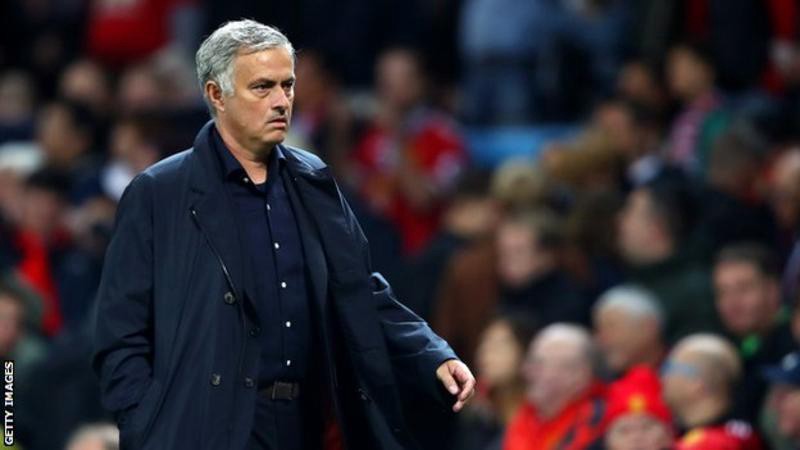
Desperate times reigned over Manchester as the club seemed stuck in a rut. In comes Jose Mourinho, one of the greatest managers of all time. Life at Manchester United began smoothly for the Portuguese as he was provided with relative support in the market to bolster the squad. Woodward added in marquee signings to the club in the form of Paul Pogba, Romelu Lukaku and Zlatan Ibrahimovic to name a few. The defense was strengthened in the form of Victor Lindelof and Eric Bailly joining the squad. Despite winning the Europa League and the EFL cup in his debut season for the club, funds were pulled for Mourinho. Squabbles between the manager and players such as Paul Pogba and Anthony Martial became public with Mourinho asking for players that he felt would fit his style. However, his requests were turned down. Romelu Lukaku said in an interview with Sky Sports, “Jose Mourinho — if he would have had the players that he wanted, he would have done better than what we did.” Mourinho managed to finish 2nd in the league in his penultimate season before eventually getting sacked in his third year.
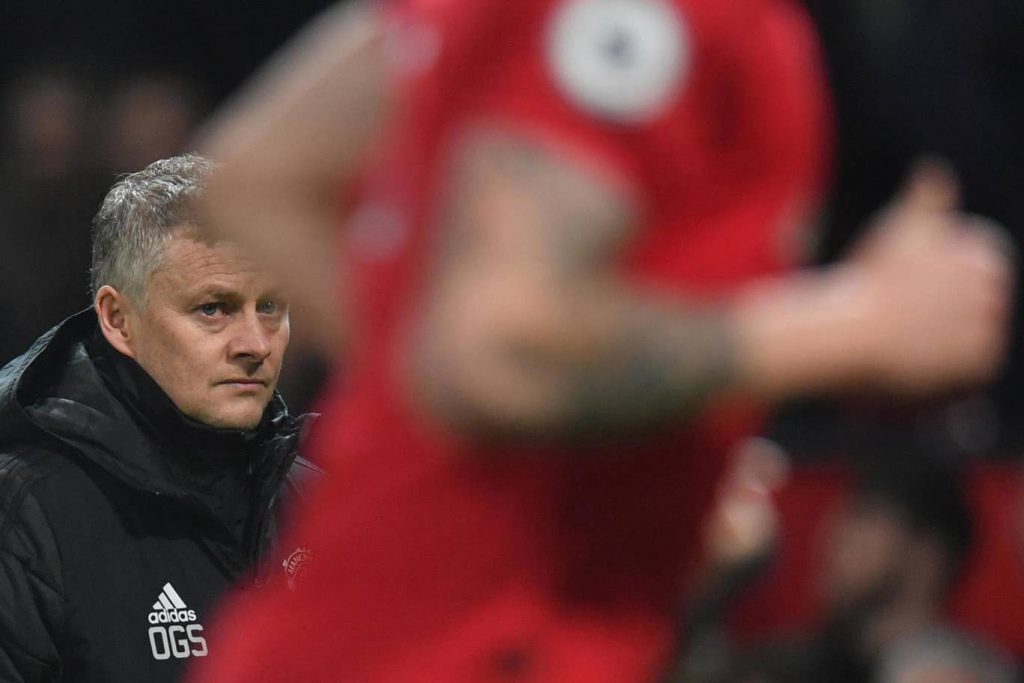
Ole Gunnar Solskjaer took over the club as the caretaker in 2018, a man with limited managerial experience, especially at the top level. He brought in a free spirit to the floundering United side, allowing them to play to their strengths. After a sensational run of form including a miraculous comeback in the UEFA Champions League against PSG, the Norwegian was offered a permanent contract as manager. The turn of fortunes was tragicomical as Man United suffered a terrible run from that point, finding themselves in similar waters again. Solskjaer’s first transfer window saw United signing key players in Harry Maguire, Aaron Wan-Bissaka and Dan James. However, the arrivals did not cover for the departures of Romelu Lukaku, Alexis Sanchez and Ander Herrera. The unrest amidst the fanbase is highlighted by the incessant chants berating Woodward and the Glazers, protesting and pleading for them to spend the cash and improve the squad.
However, as it looked like time was running for Solskjaer as manager, the purchase of Bruno Fernandes proved to be a turning point for the club, going undefeated in the league since the signing. The Portuguese talisman has added new life into the United attack and with youngster Mason Greenwood breaking through, the teams fortunes seem to have turned for the better, standing testament to the fact that giving a manager time and backing him is the way forward.
Manchester United, since the departure of Sir Alex Ferguson, have struggled to find their old self as manager upon manager arrive and try to apply their system with limited control only to be sacked in the span of a mere couple of seasons. According to the BBC, in 2019, Manchester United’s annual revenues hit a record high of £627m, despite the team being a shadow of its former self. The club is a commercial juggernaut without any recent accomplishments to back it up. However, with the upturn in fortunes, the club could finally be at the cusp of regaining it’s status as a European Giant.



